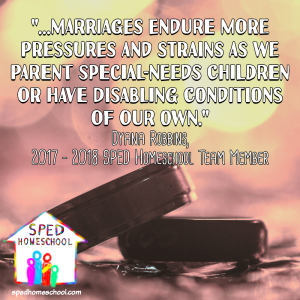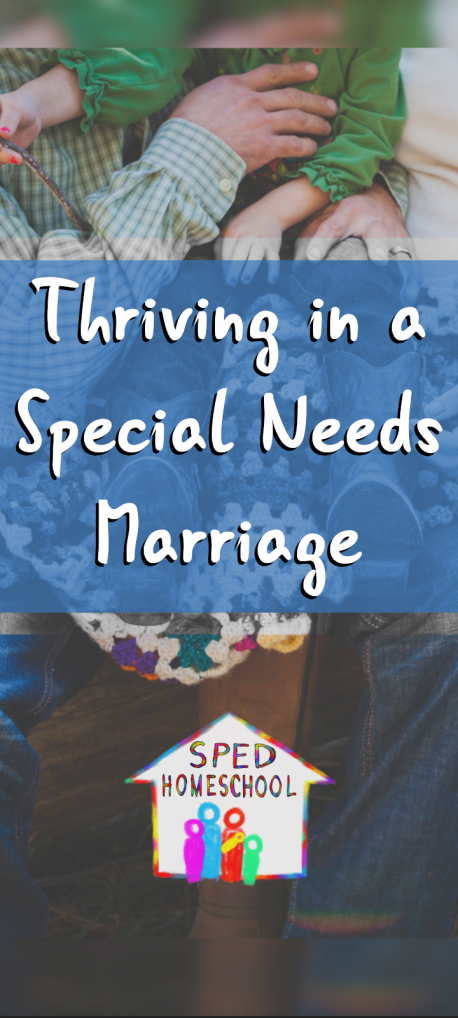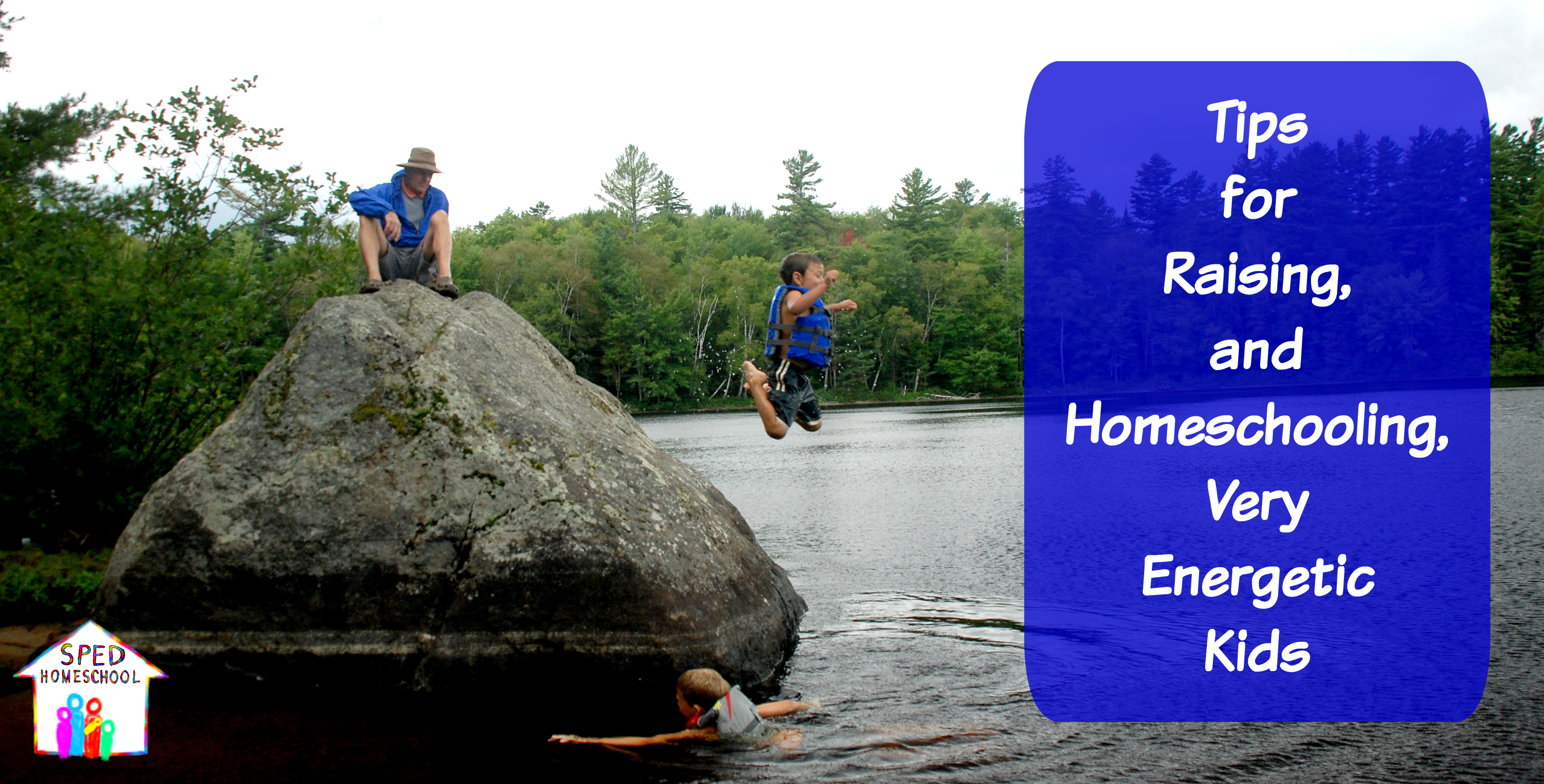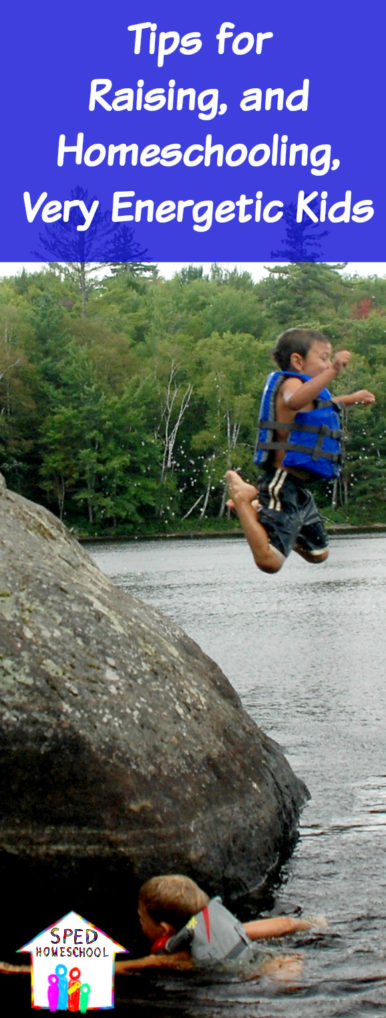
Dyana Robbins
Whether your homeschooling years are ending because you are launching a graduate into the world or leaving homeschooling for reasons as varied as the ones that brought you to home education, there are adjustments and feelings to reckon with when your homeschooling season comes to an end.
My homeschooling years ended abruptly two years ago when my oldest son asked to attend school for his 9th-grade year. Making the decision to send him to the large public school behind our home wrenched my heart. There were good reasons to send him, but my heart struggled with the possible consequences of that choice. I consoled myself, knowing my youngest son was still home and that I had more years homeschooling him. And then, we took a job opportunity in Singapore and my homeschooling years were suddenly over. I’ve grieved those years learning at home together. Thankfully the Lord has greatly comforted me through this time of transition. In light of the wisdom I have gained through this transition in our lives, here is some encouragement from one mother’s heart to yours.
Homeschooling is Only Part of the Plan
When my son went to public school, it posed many challenges for him. His learning challenges meant that he was not at grade level and required an IEP. He had never had to navigate large groups of same-age peers alone. His first day was truly terrible in almost every way. Fear and pain made me want to pull him from school immediately. But, by spring, he had found his place; succeeding in his classes and finding a group of great friends.
Our son graduates next year from an international school and I marvel at all he has accomplished. He gets the credit for his work ethic and resilience, but I know that homeschooling helped him develop both. The years we spent laboring together over reading, writing, and spiritual formation have borne the most wonderful fruit. As I mourned and worried about our son starting school, God was unveiling new horizons for our family.
However long your homeschooling season was, you can trust that good will come from the investments you have made in your children. If homeschooling ended before you were ready, know that God is not surprised or unprepared. He knows what the future holds for you and your family. His love is providing for all of you even as you make unexpected changes.
Life After Homeschooling is Wonderful Too
Honestly, many days of homeschooling were not wonderful. There were times I cried, prayed, and believed I could not keep teaching at home. But the whole experience was wonderful. Life is like that; we have pain woven through our routines and joys.
Two years after homeschooling, I have reclaimed parts of myself that were willingly laid down so I could homeschool my children. I have more time for friendships and am resuming a career I love. My life now is filled in different ways than when we homeschooled. I still miss those sweet years but rejoice as our family moves forward together, embracing new opportunities.
“My life now is filled in different ways than when we homeschooled. I still miss those sweet years but rejoice as our family moves forward together, embracing new opportunities.“
Releasing and Resting is Part of the Parenting Process
The bonds we make through teaching our children can be lifelong. My sons still listen to me and my husband carefully and they respect our guidance. I know other families who credit homeschooling with forging spiritual and family bonds that have lasted generations. What I have observed is that these families also let their children go well.
By encouraging teens to make their own decisions, even when you don’t agree with them, is part of this letting-go process. Trusting God and the truth that has been planted in your child’s soul, not the ability to make perfect choices, is how to successfully navigate this transition time as a parent. The examples other parents have provided in this area have helped me navigate our family’s unexpected changes. I hope they encourage you too.
As I write this, we are living in some crazy times that have put us all through various transitions and have us considering many different educational options for our children. Ultimately, there are very few things we control. But, God is still on His throne. His love for His people is unfailing. As we release our children and other beloved things in this season, remember that He is always making things new…our children and us too.
Did you benefit from this article?
Would you consider a small donation to support the ongoing work of SPED Homeschool?
Click Here to Donate Today





























